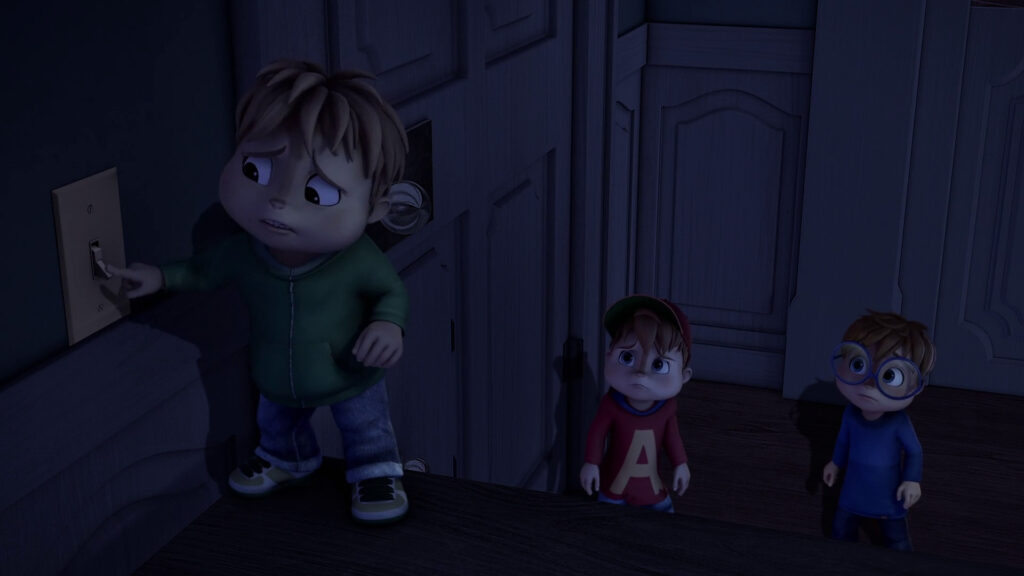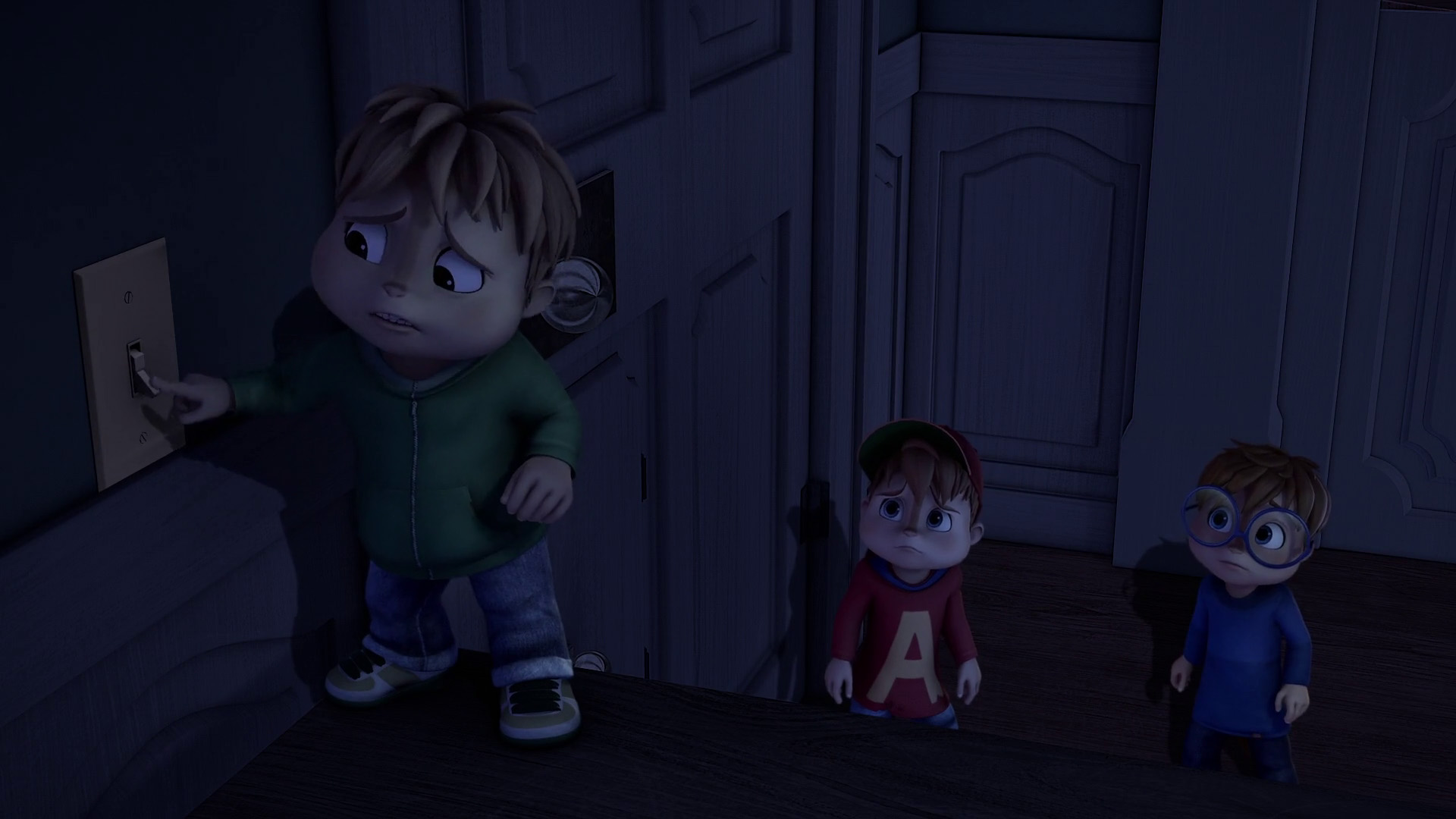
Who IS the Villain in Alvin and the Chipmunks? The ULTIMATE Guide!
Are you wondering who the real antagonist is in the world of Alvin and the Chipmunks? Is it the scheming Ian Hawke? Or is there a more nuanced answer? You’ve come to the right place. This comprehensive guide dives deep into the *Alvin and the Chipmunks* universe to definitively answer the question: **who is the villain in Alvin and the Chipmunks?** We’ll explore the obvious candidates, examine their motivations, and even consider some surprising possibilities. Get ready for an in-depth analysis that goes beyond the surface and reveals the true nature of villainy in this beloved franchise.
The Obvious Suspect: Ian Hawke – A Detailed Examination
When most people think of a villain in *Alvin and the Chipmunks*, the name Ian Hawke immediately springs to mind. But is he *just* a villain? Let’s dissect his character and actions.
Who is Ian Hawke? Background and Initial Impression
Ian Hawke is introduced as the greedy, manipulative, and generally unpleasant former roommate of Dave Seville. He’s portrayed as a struggling songwriter who sees Alvin and the Chipmunks as his ticket to fame and fortune. From the outset, his intentions are clearly self-serving, and his treatment of the Chipmunks is often callous and exploitative. He is the most obvious answer to the question, **who is the villain in Alvin and the Chipmunks?**
Ian Hawke’s Villainous Actions: A Catalog of Misdeeds
Ian’s villainy manifests in several ways throughout the *Alvin and the Chipmunks* movies. These include:
* **Exploitation:** He consistently tries to exploit the Chipmunks’ talent for his own financial gain, often disregarding their well-being and desires. He’s more interested in their earning potential than their happiness.
* **Manipulation:** Ian uses various manipulative tactics to control the Chipmunks, including guilt-tripping, lying, and making false promises. He preys on their naiveté and desire for acceptance.
* **Greed:** His insatiable greed drives many of his actions. He’s willing to do anything to achieve fame and fortune, even if it means betraying or harming those around him.
* **General Meanness:** Beyond his exploitative tendencies, Ian is simply an unpleasant person. He’s rude, arrogant, and often treats others with disdain.
Is Ian Hawke a Complex Villain? Exploring His Motivations
While Ian Hawke is undeniably a villain, it’s worth considering whether there’s any depth to his character. Is he simply a one-dimensional antagonist, or are there underlying motivations that explain his behavior? Some might argue that his desire for success stems from a deep-seated insecurity or a fear of failure. Perhaps he sees the Chipmunks as a means to escape his own perceived mediocrity.
However, the films generally portray him as primarily driven by greed and ambition, making him a relatively straightforward antagonist. He lacks the moral ambiguity or tragic backstory that often characterizes more complex villains. His actions solidify his place in the answer to the question: **who is the villain in Alvin and the Chipmunks?**
Beyond Ian Hawke: Other Potential Antagonists and Conflicts
While Ian Hawke is the most prominent villain, the *Alvin and the Chipmunks* franchise explores other sources of conflict and potential antagonists. These add nuance to the question of **who is the villain in Alvin and the Chipmunks?**
Brittany Miller: Rivalry and Competition
Brittany Miller, the leader of the Chipettes, often serves as a rival to Alvin. Their competitive nature leads to conflicts and disagreements, creating tension and drama within the group dynamics. While not a villain in the traditional sense, Brittany’s ambition and headstrong personality can sometimes clash with Alvin’s, leading to antagonistic situations. The dynamic between Alvin and Brittany is a cornerstone of the franchise. Their on-again, off-again relationship provides significant story fodder. While not a villain, Brittany certainly causes her fair share of problems.
The Chipmunks Themselves: Internal Conflicts and Mischief
Sometimes, the Chipmunks themselves are the source of their own problems. Alvin’s impulsive behavior, Simon’s intellectual arrogance, and Theodore’s naiveté can all lead to conflicts and challenges. Their internal struggles and disagreements can create as much drama as any external antagonist. Ultimately, the Chipmunks are family, but that doesn’t mean they don’t have their fair share of sibling squabbles. These internal conflicts sometimes lead to the question of **who is the villain in Alvin and the Chipmunks?**
Dave Seville: Overbearing Authority or Caring Guardian?
While Dave Seville is the Chipmunks’ adoptive father and guardian, his strict rules and overprotective nature can sometimes create conflict. The Chipmunks often chafe under his authority, leading to rebellion and mischief. Is Dave a benevolent caregiver, or is he inadvertently stifling the Chipmunks’ individuality and creativity? This is a complex question that adds another layer to the exploration of villainy in the franchise. He is the closest thing to a parent to the Chipmunks, but sometimes his actions could be considered antagonistic, leading to the question of **who is the villain in Alvin and the Chipmunks?**
The Role of the Music Industry: Exploitation and Pressure
The *Alvin and the Chipmunks* franchise often touches on the darker side of the music industry, portraying the pressures and exploitative practices that can affect young artists. While not a single character, the music industry itself can be seen as a villainous force, pushing the Chipmunks to their limits and prioritizing profit over their well-being. This is a common theme in stories about child stars, and *Alvin and the Chipmunks* is no exception. The relentless demands of the music industry can be seen as a form of villainy, especially when it comes to the question of **who is the villain in Alvin and the Chipmunks?**
Analyzing Villainous Traits: A Comparative Look
To further understand the nature of villainy in *Alvin and the Chipmunks*, let’s compare the traits of different potential antagonists:
| Character | Villainous Traits |
| —————- | ——————————————————————————————————————————————————————————————————————————————————————————- |
| Ian Hawke | Greed, manipulation, exploitation, dishonesty, callousness, arrogance. |
| Brittany Miller | Competitiveness, ambition, stubbornness, occasional rivalry. |
| The Chipmunks | Impulsiveness (Alvin), intellectual arrogance (Simon), naiveté (Theodore), mischief, disobedience. |
| Dave Seville | Strictness, overprotectiveness, occasional lack of understanding. |
| Music Industry | Exploitation, pressure, unrealistic expectations, prioritization of profit over well-being. |
This table highlights the different ways in which characters and institutions can exhibit villainous traits, even if they are not outright villains. It demonstrates that the concept of villainy in *Alvin and the Chipmunks* is more nuanced than it initially appears. This table helps solidify the answers to the question of **who is the villain in Alvin and the Chipmunks?**
The Psychology of Villainy: Why Do We Need Antagonists?
Villains play a crucial role in storytelling. They provide conflict, create tension, and ultimately drive the plot forward. But why are villains so important? From a psychological perspective, villains allow us to explore our own fears, anxieties, and moral boundaries. By witnessing the actions of antagonists, we can reflect on our own values and beliefs. Villains also provide a sense of catharsis. By seeing them defeated, we experience a sense of justice and resolution. Understanding the psychology of villainy is crucial to understanding the franchise. Considering the psychological aspects of villainy helps to answer the question of **who is the villain in Alvin and the Chipmunks?**
Expert Opinion: What Film Critics Say About Villains in *Alvin and the Chipmunks*
Film critics have offered varying perspectives on the villains in the *Alvin and the Chipmunks* franchise. Some argue that Ian Hawke is a one-dimensional caricature, lacking the depth and complexity of a truly compelling antagonist. Others suggest that his over-the-top villainy is part of the franchise’s appeal, providing comedic relief and a clear target for the audience’s disapproval. Still others point to the music industry as the true villain, highlighting the exploitative practices that can harm young artists. Ultimately, the critical consensus is that the villains in *Alvin and the Chipmunks*, while not always complex, serve their purpose in driving the plot and providing conflict. Expert opinions help to provide a comprehensive answer to the question of **who is the villain in Alvin and the Chipmunks?**
A Personal Reflection: My Experience Watching *Alvin and the Chipmunks*
Growing up, I always saw Ian Hawke as the clear villain in *Alvin and the Chipmunks*. His greed and manipulation were obvious, and I always rooted for the Chipmunks to overcome his schemes. However, as I’ve gotten older, I’ve come to appreciate the more nuanced sources of conflict in the franchise. The Chipmunks’ internal struggles, Dave’s overprotectiveness, and the pressures of the music industry all contribute to the overall narrative. While Ian Hawke remains a prominent antagonist, I now see him as just one piece of a larger puzzle. This personal reflection adds another layer of depth to the question of **who is the villain in Alvin and the Chipmunks?**
The Future of Villainy in *Alvin and the Chipmunks*
As the *Alvin and the Chipmunks* franchise continues to evolve, it will be interesting to see how the concept of villainy is explored in future installments. Will new antagonists emerge? Will existing characters be given more complex motivations? Or will the franchise continue to focus on the internal conflicts and challenges that the Chipmunks face? Only time will tell. The future of villainy will continue to shape the answer to the question of **who is the villain in Alvin and the Chipmunks?**
Q&A: Your Burning Questions About Villains in *Alvin and the Chipmunks* Answered
Here are some frequently asked questions about the villains in *Alvin and the Chipmunks*, answered with expert insight:
1. **Is Ian Hawke the only villain in the *Alvin and the Chipmunks* movies?** No, while he’s the most prominent, other characters and institutions, like the music industry, exhibit villainous traits.
2. **Does Brittany Miller ever act like a villain?** Her competitiveness and ambition sometimes lead to antagonistic situations with Alvin.
3. **Is Dave Seville a good father figure?** He’s generally benevolent, but his strictness can sometimes create conflict.
4. **How does the music industry contribute to the villainy in the franchise?** It often portrays exploitative practices and unrealistic expectations.
5. **Why are villains important in storytelling?** They provide conflict, create tension, and allow us to explore our own moral boundaries.
6. **Are the villains in *Alvin and the Chipmunks* complex characters?** Generally, they are not deeply complex, but they serve their purpose in driving the plot.
7. **Do the Chipmunks ever act like villains themselves?** Their impulsiveness and mischief can sometimes lead to negative consequences.
8. **What makes Ian Hawke such a memorable villain?** His greed, manipulation, and over-the-top personality make him a clear target for audience disapproval.
9. **How has the portrayal of villains in *Alvin and the Chipmunks* changed over time?** The franchise has become more nuanced in its exploration of conflict, moving beyond simple good vs. evil narratives.
10. **What can we learn from the villains in *Alvin and the Chipmunks*?** We can learn about the dangers of greed, the importance of empathy, and the challenges of navigating the music industry.
Conclusion: The True Nature of Villainy in *Alvin and the Chipmunks*
So, **who is the villain in Alvin and the Chipmunks?** While Ian Hawke is the most obvious answer, the truth is more complex. The *Alvin and the Chipmunks* franchise explores various forms of villainy, from individual greed to systemic exploitation. By examining these different perspectives, we gain a deeper understanding of the nature of conflict and the importance of empathy. While the Chipmunks often face external threats, they also grapple with internal struggles and challenges. Ultimately, the franchise reminds us that villainy can take many forms and that even the most well-intentioned characters can sometimes act in ways that are harmful or destructive. Share your thoughts on who you think the true villain is in the comments below! Explore our advanced guide to character archetypes in children’s media for more insights. Contact our experts for a consultation on analyzing the themes in *Alvin and the Chipmunks*.

